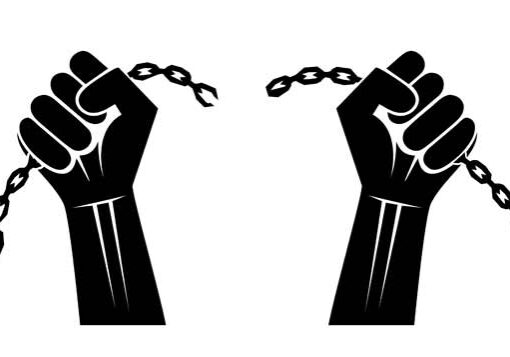
The Modern Slavery Act: how recruiters are helping with compliance
The Modern Slavery Act is undoubtedly a step in the right direction for everyone involved in the recruitment industry.
The law, which came into force on 29 October 2015, hopes to put to end the forced labour of (typically) overseas workers by unscrupulous landlords or bosses.
A distressingly high 1,746 cases of slavery identified were identified in the UK in 2013 – the latest year that figures are available, and many reports say this number is on the rise.
Launching its Modern Slavery Strategy, the UK Government said: “The scale of modern slavery in the UK is significant. Modern slavery crimes are being committed across the country.”
What the Act does is put pressure on employers to stop illegal workers coming into the country – and recruitment firms such as Frontline have an important role to play.
The requirement to publish an anti-slavery statement will apply to businesses that supply goods or services and have an annual worldwide turnover of £36 million or more – and the statement only applies for financial years ending on or after 31 March 2016.
Businesses that fall into this category must report annually on the steps that they have taken during the financial year to ensure that slavery and human trafficking are not taking place in their own business or in their supply chains.
This is where a recruitment partner can help. What we can do is improve your screening process. Our compliance process starts with telephone calls to clients to ensure they fit the criteria to work in the country. For example, we’ll ask them: how did you come to be in the UK?
We also include a range of hidden questions in our screening process to try and extract as much information about the candidate as possible. Likewise, we go to great lengths to protect candidates by ensuring our clients comply with the Modern Slavery Act.
Drilling down into the Act, Section 54 requires businesses to prepare and publish a statement setting out the steps that they have taken during that financial year to ensure that slavery and human trafficking are not taking place anywhere in their supply chains or in any part of their own business.
Businesses should now be considering whether they are subject to these new disclosure requirements, and preparing their approach to compliance.
Once we’ve screened candidates and provided the information to the client, there is an obligation for them to publish an anti-slavery statement.
However, the content of this statement is not mandatory, and it would be acceptable for a business simply to state that it does not take any specific steps or that it follows the procedures of its parent company.
The Act contains a list of information that may be included within an business’s statement:
– the organisation’s structure, its business and its supply chains;
– its policies in relation to slavery and human trafficking;
– its due diligence processes in relation to slavery and human trafficking in its business and supply chains;
– the parts of its business and supply chains where there is a risk of slavery and human trafficking taking place, and the steps it has taken to assess and manage that risk;
– its effectiveness in ensuring that slavery and human trafficking is not taking place in its business and supply chains, measured against such performance indicators as it considers appropriate; and
– the training about slavery and human trafficking available to its staff.
Just because you’re below the threshold, don’t think the Modern Slavery Act doesn’t affect you. It’s probable that businesses in your supply chain will be required to produce and publish a Statement.
As you’re part of this supply chain, they’ll be looking to you for assurances about your practices, procedures and supply chains.
Takings steps to comply with them wherever you need to could help you to keep one step ahead of your competitors and stay on top of your game.
